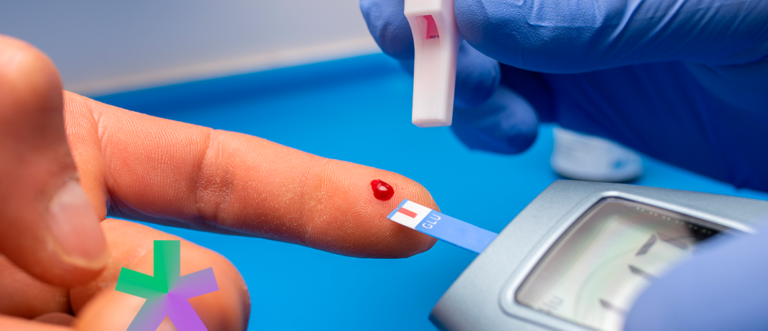How to Regulate Blood Sugar Naturally: 7 Science-Backed Strategies for Optimal Health

Maintaining healthy blood sugar levels is crucial for preventing diabetes and sustaining energy. To effectively regulate blood sugar, research shows that combining strategic nutrition, targeted exercise, and specific lifestyle habits works best. In this guide, we’ll explore seven proven approaches supported by clinical studies.
1. Optimize Your Diet for Blood Sugar Control
First and foremost, focus on low-glycemic foods that release glucose slowly. Specifically, prioritize fiber-rich vegetables and quality proteins at every meal. Additionally, incorporating healthy fats like avocado or olive oil can further improve insulin sensitivity.
Top blood sugar-balancing foods:
Leafy greens (spinach, kale)
Fatty fish (salmon, mackerel)
Cinnamon (shown to reduce glucose spikes)
2. Strategic Exercise Approaches
While diet is critical, physical activity plays an equally important role. For instance, aerobic exercise helps burn immediate glucose stores, whereas strength training builds muscle that acts as a glucose reservoir. Moreover, studies show that just 15 minutes of post-meal walking can reduce blood sugar spikes by 30%.
3. Evidence-Based Supplements
Although nutrition should come first, certain supplements can provide additional support:
| Supplement | Key Benefit | Scientific Backing |
|---|---|---|
| Berberine | Lowers A1C by 1.5% | Metabolism Journal (2023) |
| Magnesium | Enhances insulin sensitivity | Nutrients (2023) |
Important note: Always consult your doctor before starting supplements.
4. Stress Management & Sleep Optimization
Despite being often overlooked, chronic stress significantly impacts glucose levels. When cortisol remains elevated, it can cause insulin resistance. Therefore, implementing stress-reduction techniques like meditation becomes essential. Similarly, prioritizing 7-9 hours of quality sleep helps regulate hunger hormones tied to blood sugar control.
5. Hydrate for Optimal Blood Sugar Control
Research: Drinking water before meals lowers post-meal glucose by 15% (NIH, 2023).
Best drinks:
✔ Water
✔ Herbal teas (e.g., chamomile)
Avoid: Sugary beverages (↑ diabetes risk by 26%).
6. Time Your Meals Wisely
Intermittent fasting benefits:
14–16 hour fasts improve insulin sensitivity (Cell Metabolism, 2024).
Sample schedule: Eat between 10 AM–6 PM.
7. Track Your Progress
Monitor:
Fasting glucose (70–99 mg/dL)
Post-meal levels (<140 mg/dL)
Useful tools: Glucometers, MyFitnessPal app.
Final Tips to Regulate Blood Sugar
Start meals with veggies and protein to slow digestion.
Walk after eating to lower glucose spikes.
Test regularly to see what works for you.
Looking to enhance your blood sugar control even further? Pair your healthy meal plan with the power of scientifically-backed supplements. Check out our in-depth reviews of:
- Gluco6 Reviews 2024: Revolutionary Blood Sugar Supplement or Overhyped Scam?
- Sugar Defender Review 2024: Is This the Ultimate Solution for Blood Sugar Control or Just Another Gimmick?
These reviews dive deep into the ingredients, mechanisms, and benefits of these cutting-edge supplements, providing you with actionable insights to improve your glycemic health.
2 Responses